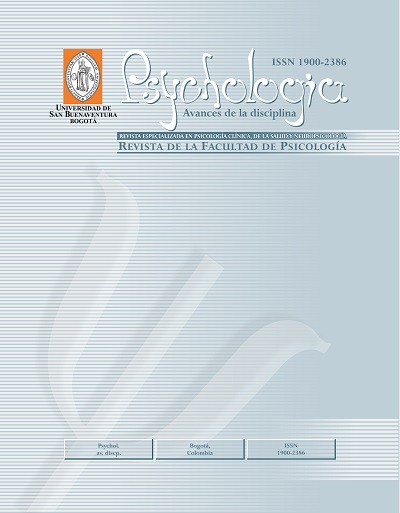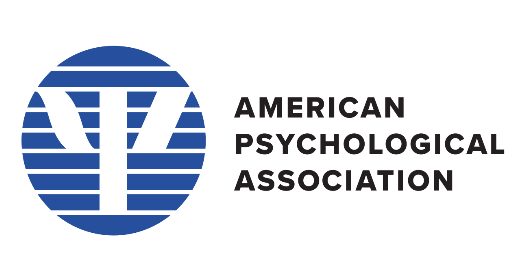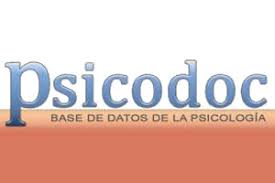This journal provides open, immediate access to its contents, based on the principle that offering the public free access to research helps to promote a higher global exchange of knowledge.
As such, all journal articles are published under a Creative Commons Attribution-NonCommercial-ShareAlike 4.0 International License (CC BY-NC-SA), by which commercial use of the original work or its possible derived works is not allowed, and the distribution thereof must be done with the same license elements regulating the original work.
http://creativecommons.org/licenses/by-nc-sa/4.0/
Abstract
The progressive interest in studying the negative effects on brain physiology and structure produced by Adverse Experiences during Childhood (AE), has led to the analysis of psychophysiological records by means of Electroencephalography (EEG) in resting states. Therefore, the objective of this study allowed a systematic review based on the PRISMA methodology to identify the research carried out in the last 30 years. Four databases were used for this purpose: Scopus, PubMed, EBSCO and Redalyc; and two lists of terms referring to the types of EANs prevalent in Colombia and to the EEG at rest. Initially 21,556 articles were found that had the search terms, 21,545 studies were excluded that did not meet the criteria, and finally 11 full text articles were selected. Results suggest that right frontal alpha band activity α predicts greater emotional response to negative stimuli, and greater likelihood of presenting affective problems; contrary to electroencephalographic activity in these same bands in left frontal regions. It is expected that this study will promote research related to the analysis of electroencephalographic profiles and will favour the advancement of more precise and effective therapeutic processes in trauma intervention.





















